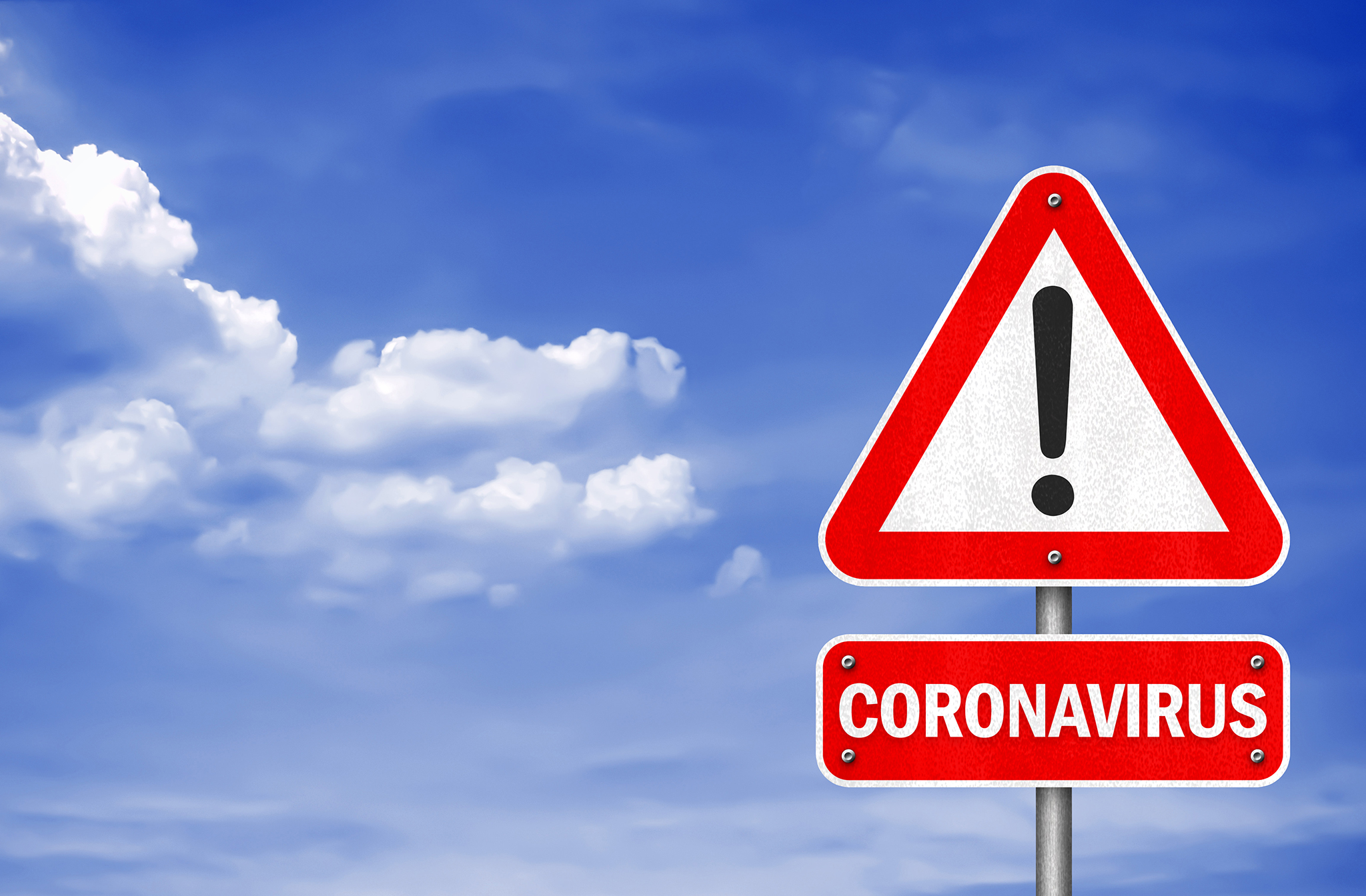
ATA, like the general public, is concerned about the spread of Coronavirus (COVID-19) and its impact here in the United States. The well-being and safety of our members, workforce and general public are of vital importance to us. We are examining each development as they evolve, participating in daily updates with the White House and leading government agencies, and keeping in close contact with our state federation partners across the country.
Below are two updates regarding Hours of Service and the emergency relief package developing in Congress, which come on the heels of President Trump’s declaration of a national emergency yesterday afternoon:
Hours of Service Relief
FMCSA has issued an emergency declaration providing targeted, limited relief from Hours of Service for COVID-19 emergency efforts:
This Emergency Declaration provides regulatory relief for commercial motor vehicle operations that are providing direct assistance in support of emergency relief efforts related to the COVID-19 outbreaks, including transportation to meet immediate needs for: (1) medical supplies and equipment related to the testing, diagnosis and treatment of COVID-19; (2) supplies and equipment necessary for community safety, sanitation, and prevention of community transmission of COVID-19 such as masks, gloves, hand sanitizer, soap and disinfectants; (3) food for emergency restocking of stores; (4) equipment, supplies and persons necessary to establish and manage temporary housing, quarantine, and isolation facilities related to COVID-19; (5) persons designated by Federal, State or local authorities for medical, isolation, or quarantine purposes; and (6) persons necessary to provide other medical or emergency services, the supply of which may be affected by the COVID-19 response. Direct assistance does not include routine commercial deliveries, or transportation of mixed loads that include essential supplies, equipment and persons, along with supplies, equipment and persons that are not being transported in support of emergency relief efforts related to the COVID-19 outbreaks.
More details are available on FMCSA's website here.
Congressional Relief Package
Early this morning, the U.S. House of Representatives overwhelmingly passed the Families First Coronavirus Response Act, which would allocate tens of billions of federal dollars for paid sick leave, unemployment insurance and free testing for COVID-19, among other measures. It would provide tax credits to employers to offset the costs of paid leave.
FULL LEGISLATIVE TEXT
COMPREHENSIVE SUMMARY
The legislation is a negotiated agreement between Speaker Pelosi and Treasury Secretary Mnuchin, has been praised by President Trump, and will be considered by the Senate as soon as Monday. At this time, there appears to be broad, bipartisan support behind its passage. However, as with any pending legislation in Congress, the deal is not done until both Chambers – House and Senate – have each voted and approved. As of now, provisions of the bill could be subject to change and further debate.
Key provisions included in the bill:
Sick Leave:
- Businesses with fewer than 500 employees would be required to provide 14 days of paid sick leave to employees affected by COVID-19
- Additionally, under the Family and Medical Leave Act expansion, COVID-19 affected employees would be entitled to up to three months paid leave at two-thirds of the employee’s pay
- Businesses with more than 500 employees would not have to provide 14 days of paid sick leave
- Businesses with fewer than 500 employees would receive a 100% tax credit for both types of leave up to capped levels, credited against quarterly payroll taxes
- Additionally, the Secretaries of Treasury and Labor would have regulatory authority to provide flexibility so small businesses under 50 employees are not unduly harmed
- Affected employees would include those with COVID-19, under quarantine, caring for someone affected, and with children whose school has closed
Unemployment Insurance:
- Would provide $1 billion in 2020 for emergency grants to states for activities related to processing and paying unemployment insurance benefits, under certain conditions
- $500 million would be used to provide immediate additional funding to all states for staffing, technology, systems, and other administrative costs, so long as they met basic requirements about ensuring access to earned benefits for eligible workers
- Would provide full federal funding of extended unemployment compensation for states that experience an increase of 10 percent or more in their unemployment rate over the previous year
Free COVID-19 Testing:
- Would require all commercial insurance, Medicare, Medicaid, CHIP, Indian Health service, and TRI-CARE to cover and impose no cost-sharing for testing diagnosis of COVID-19
Check back to Trucking.org for more updates as they develop.